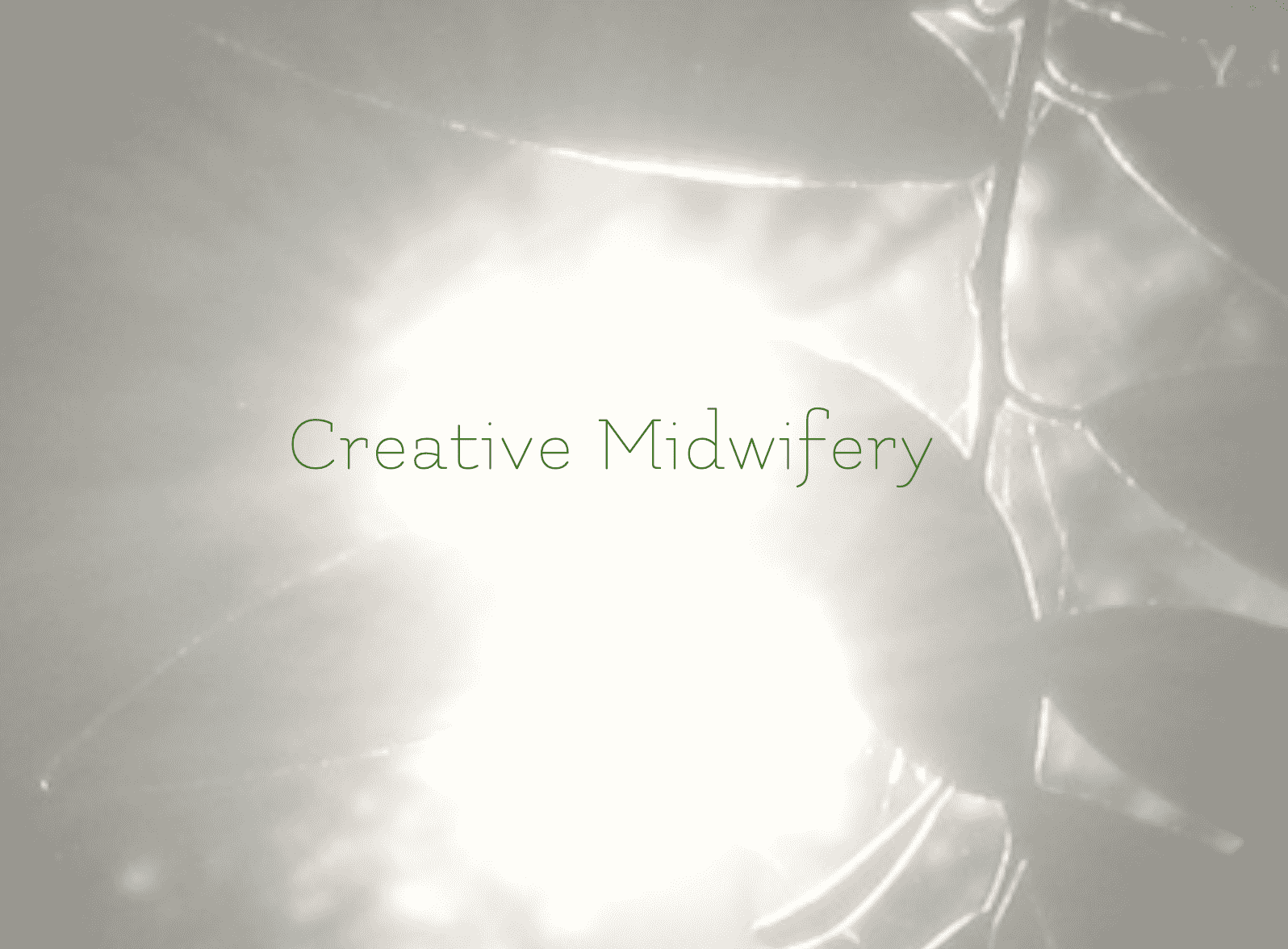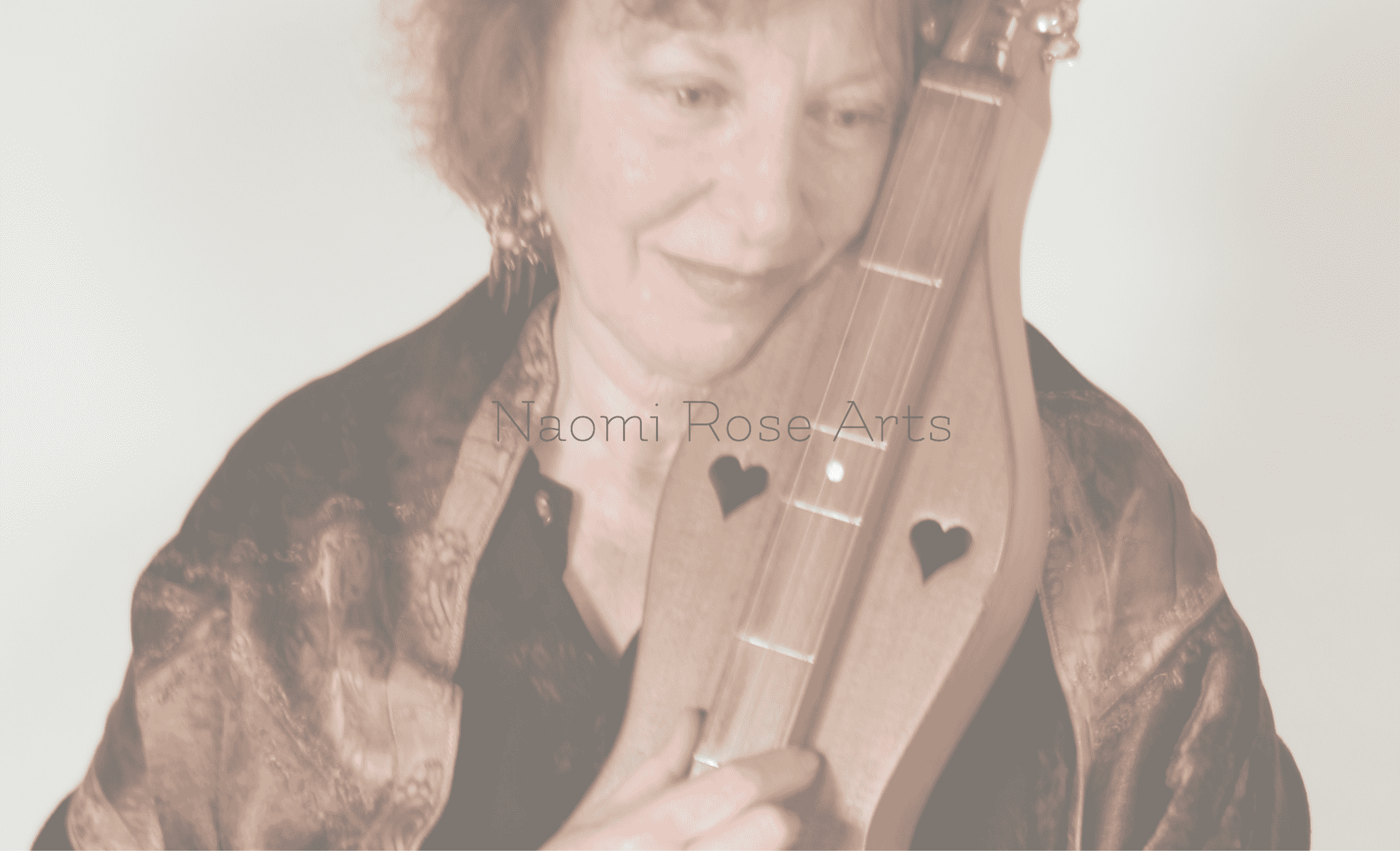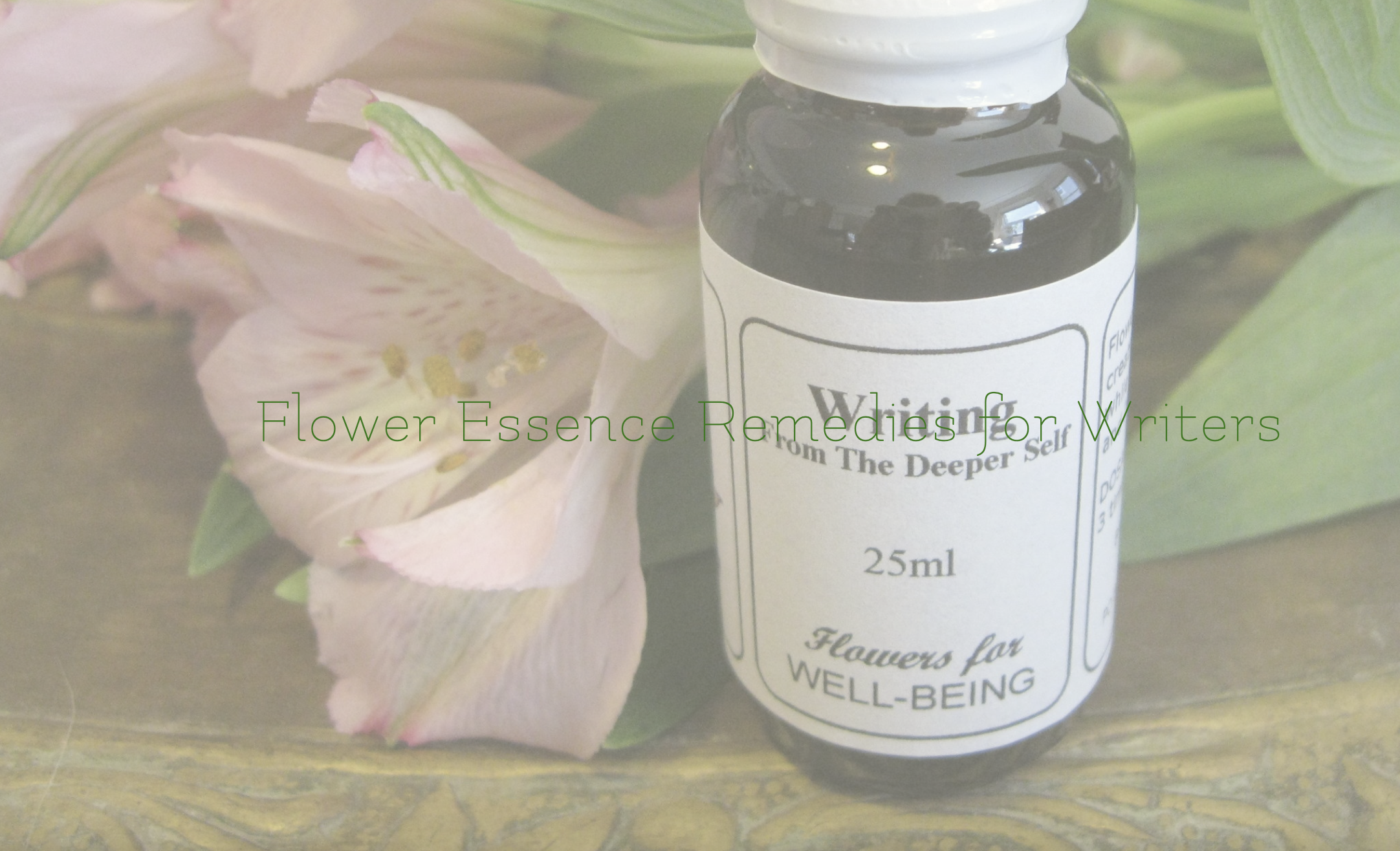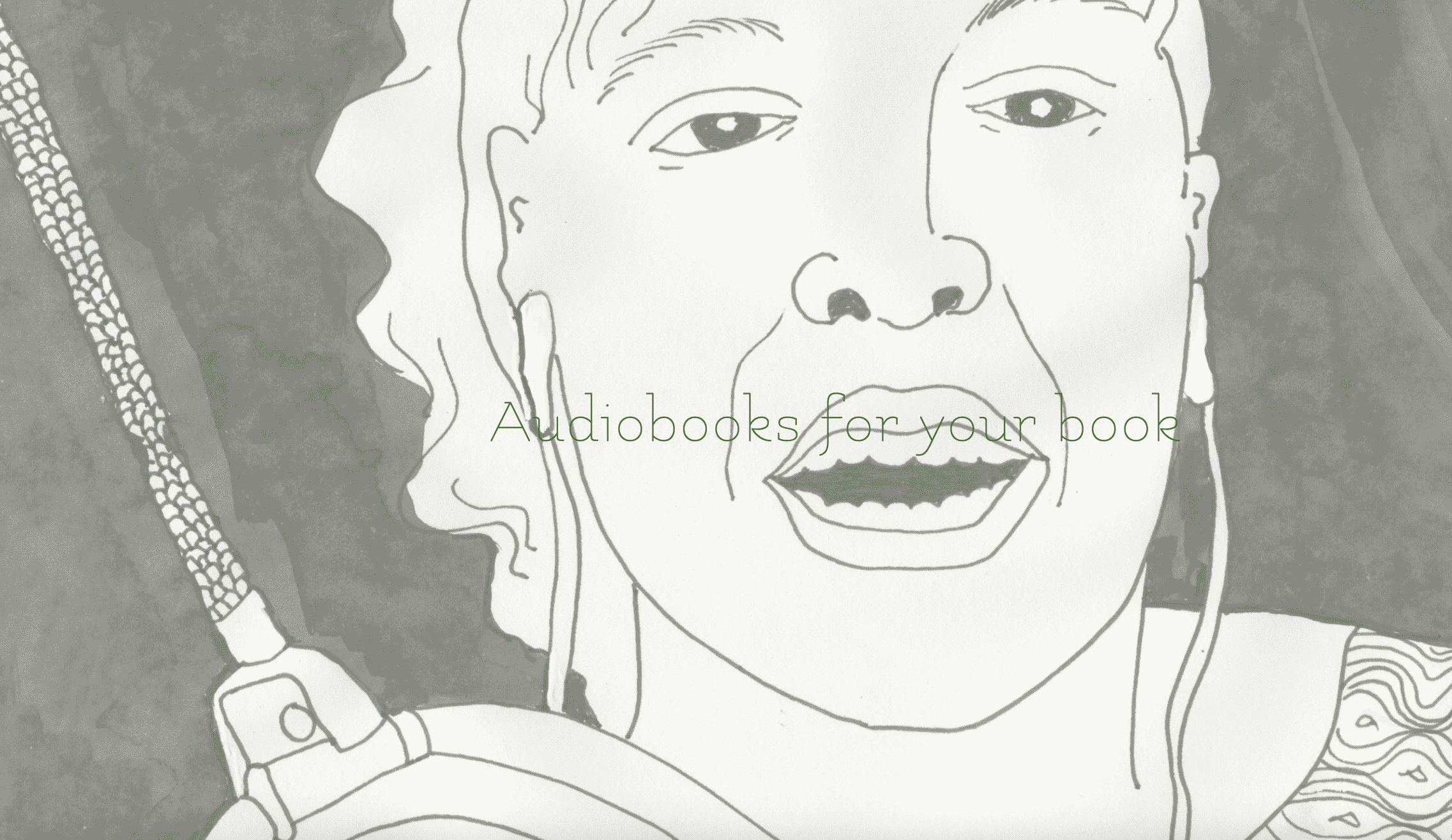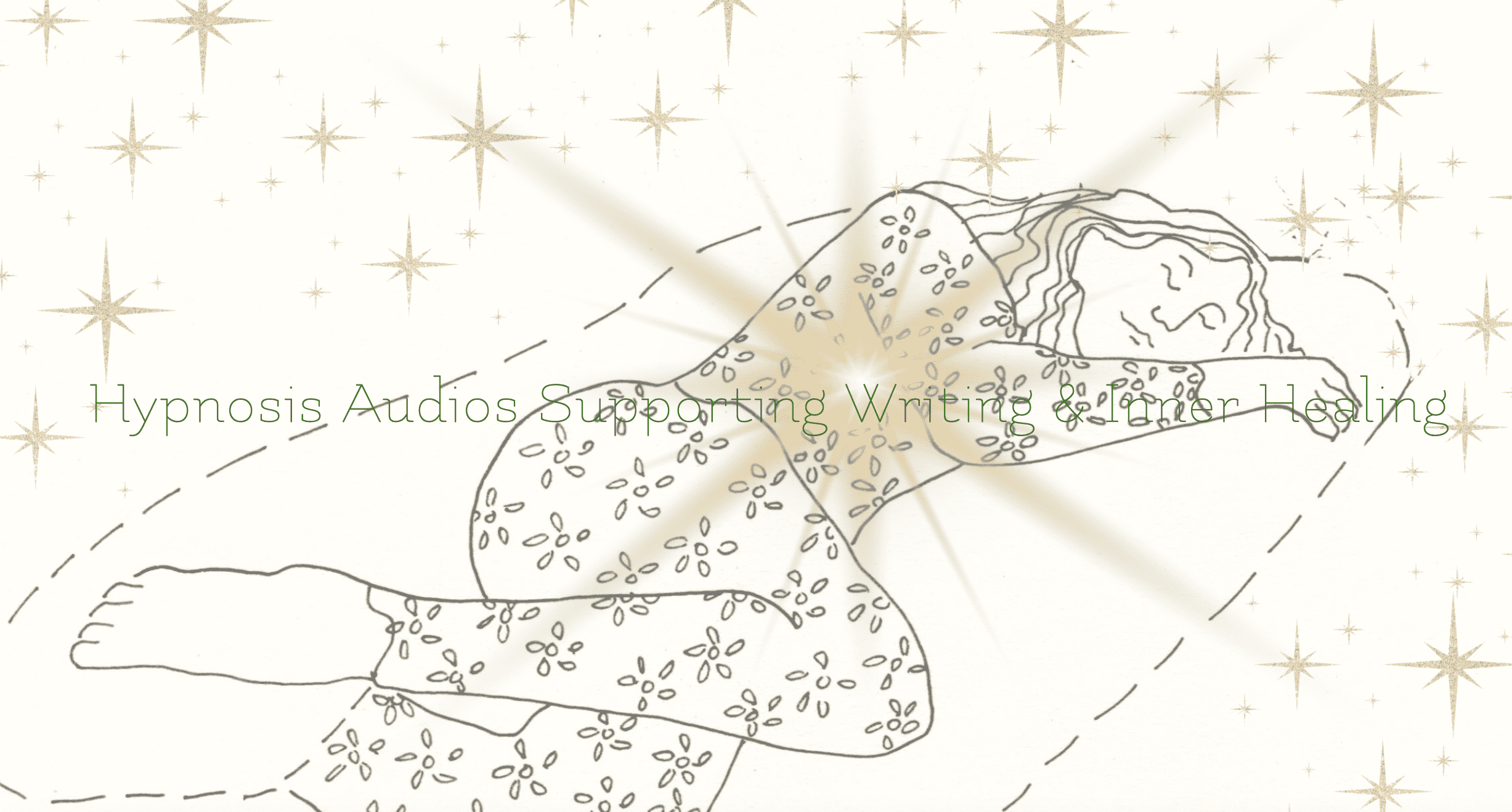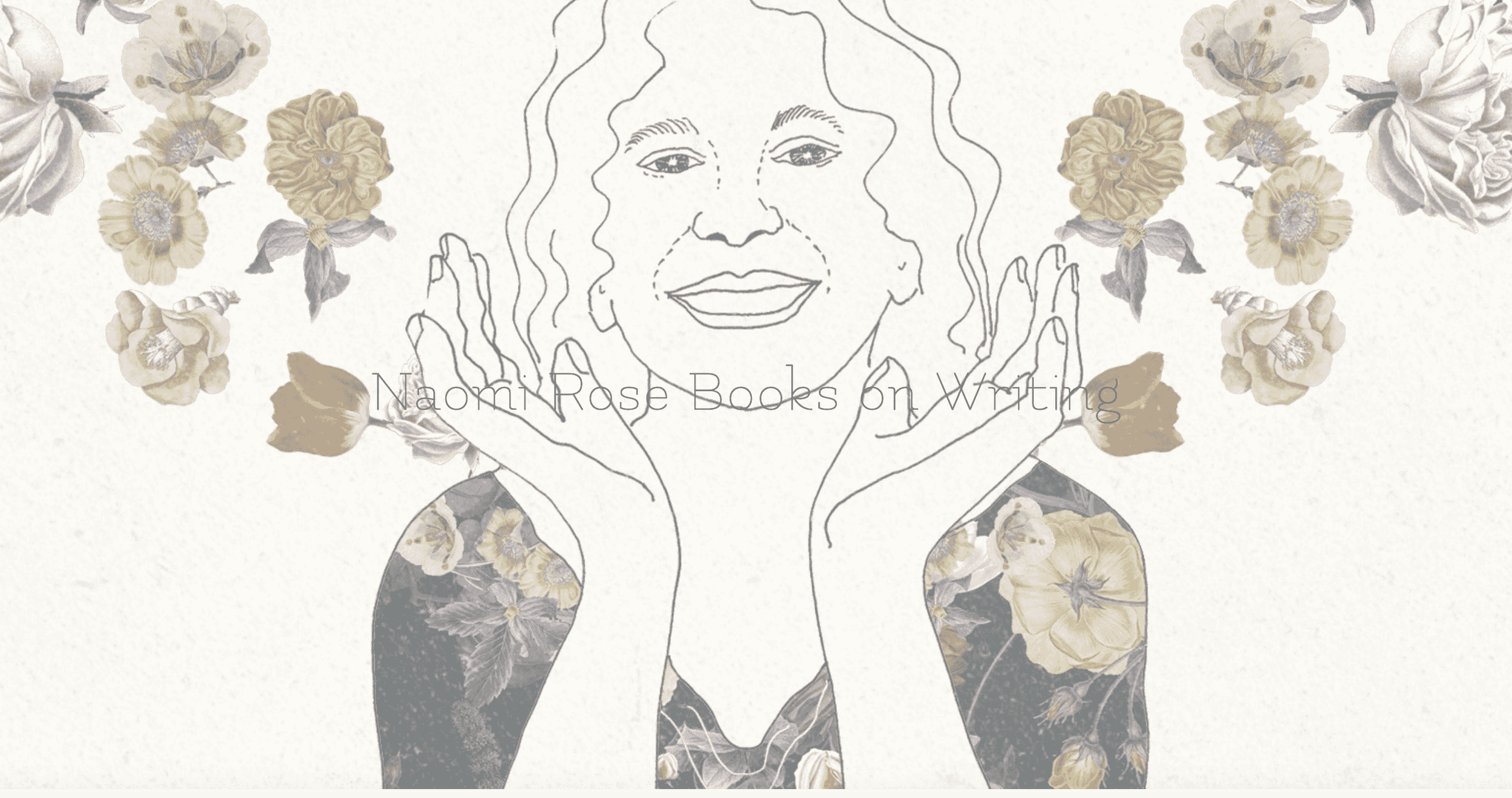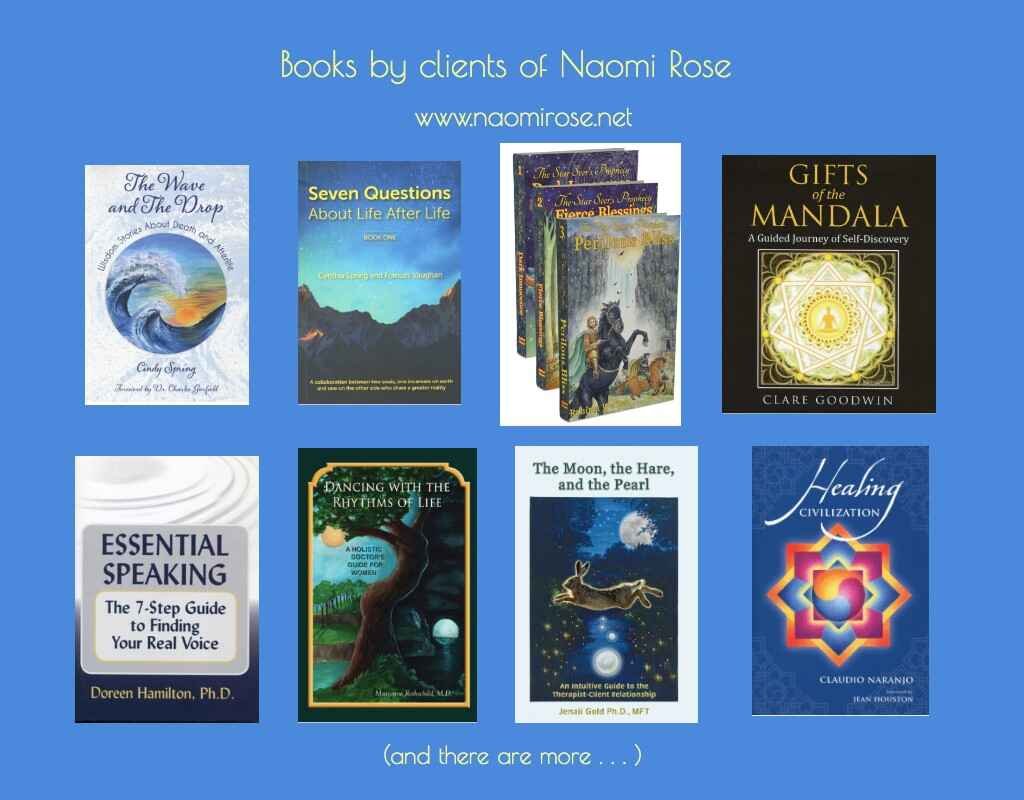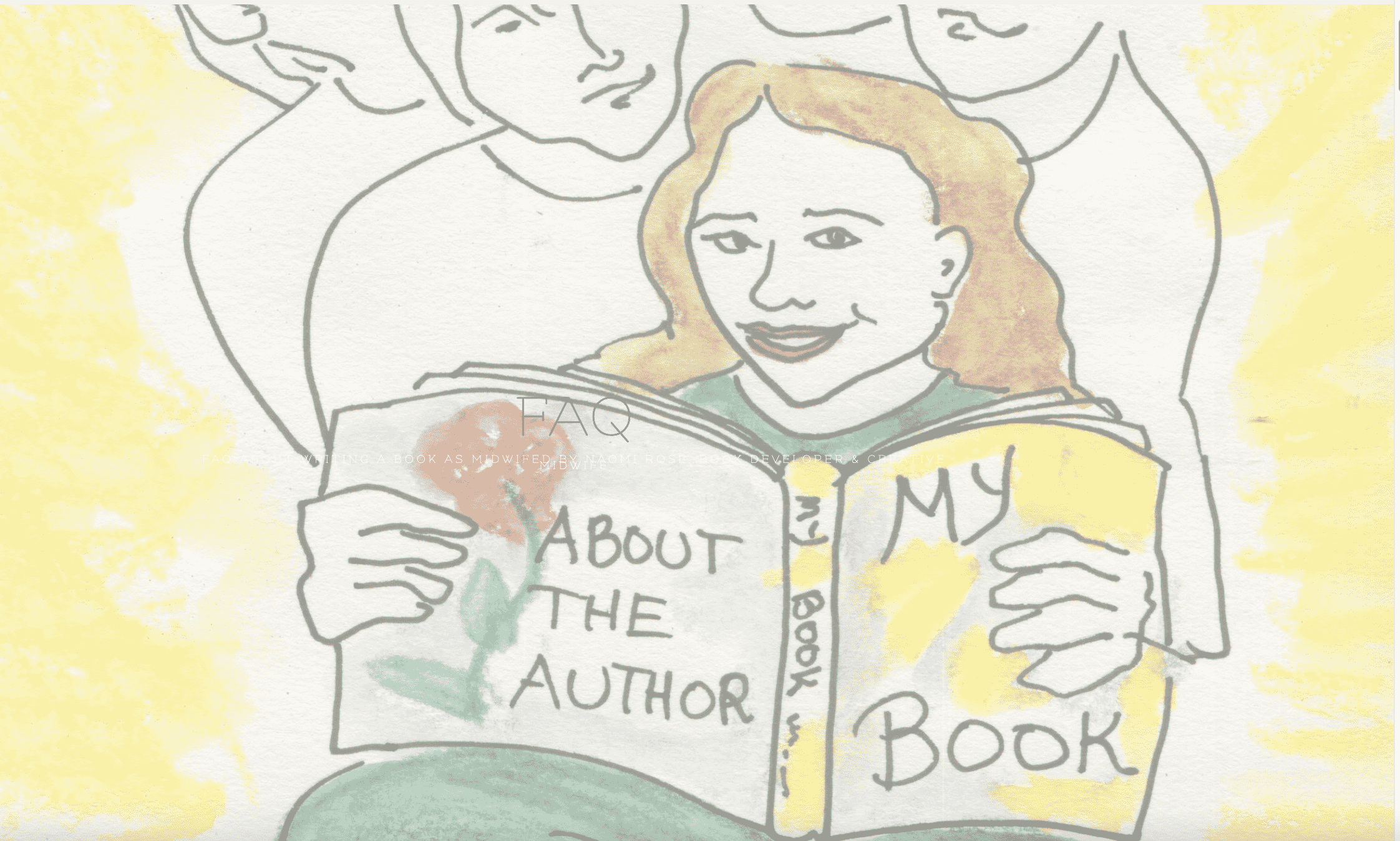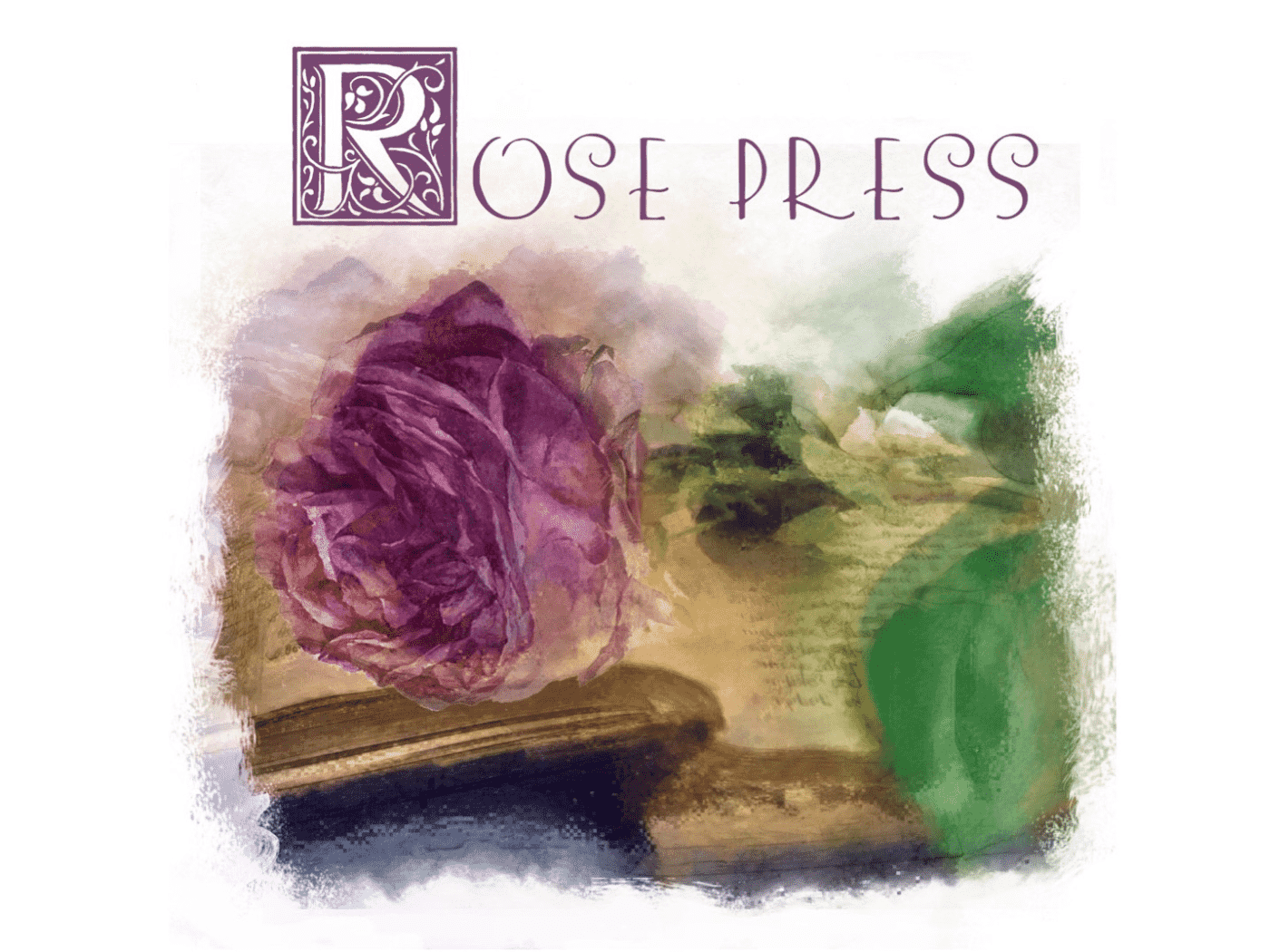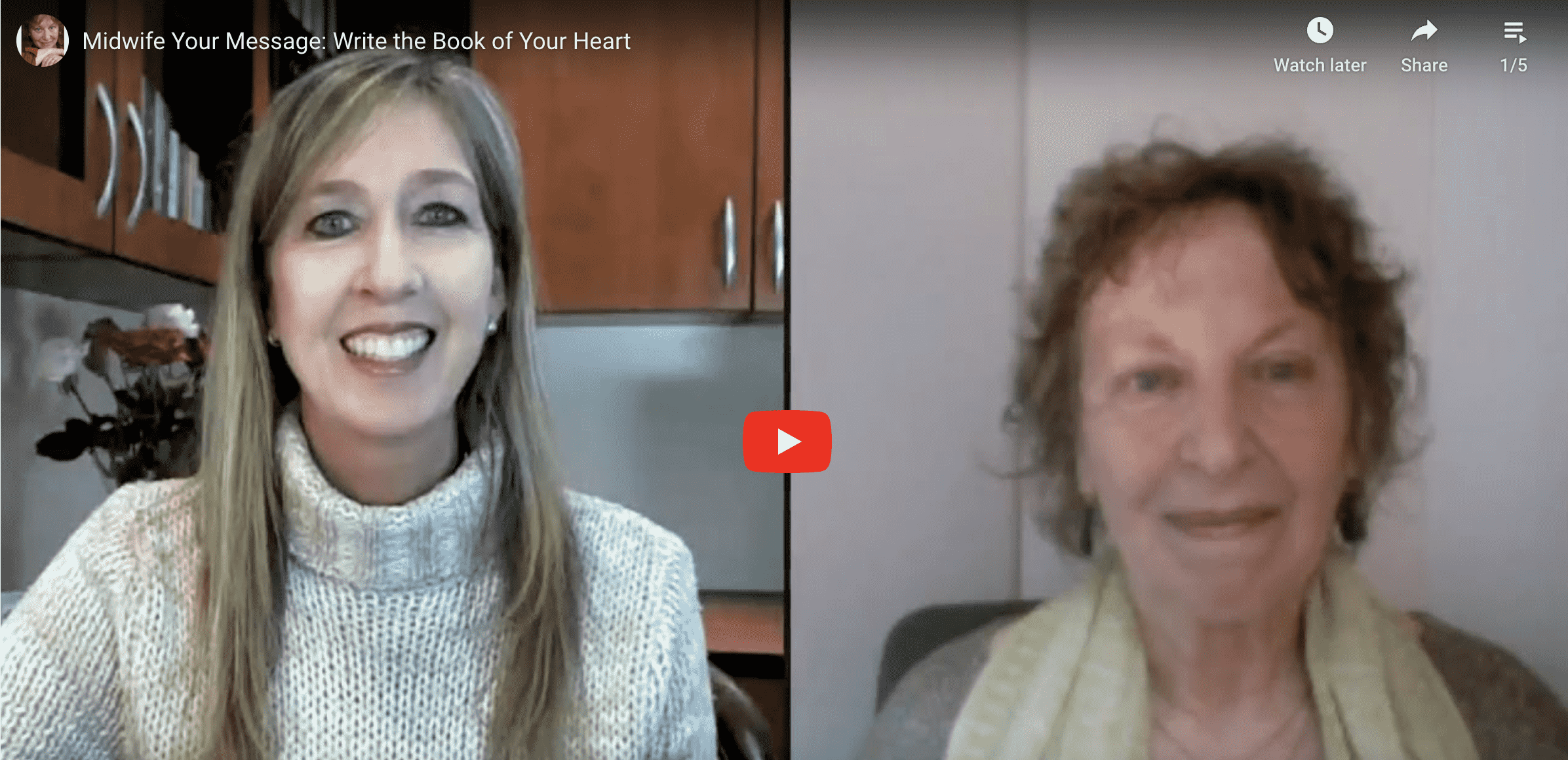Writing a book? Wanting to write a book?
Naomi Rose’s Writing from the Deeper Self blog on:
Books to Inspire Your Own Book-Writing
Naomi Rose, Book Coach/Book Developer & Creative Midwife
Encouraging your creative flowering
Some books act as good medicine for writing your own book.
Sometimes because they address the craft of writing directly, but also through the slantwise gifts they make available to you. Creativity is an inherent and spiritual part of our makeup, but we don't always get encouragement or validation for our own creative ways.
Especially if you are writing a book (or are considering doing so), it helps to understand yourself and what supports your innate creativity – and what gets in the way of it. Some of the books written by other people (who may have had a similar motivation to yours when they made that decision) can help you understand yourself in a way that helps you better reach into yourself and unearth your “hidden treasures.”
Here are two books that can spark your understanding of your creative powers, which you then can apply to your book writing in a self-nurturing way.
Tinker, Dabble, Doodle, Try: Unlock the Power of the Unfocused Mind, by Srini Pillay, MD
Creativity and Its Skeletal Remains: The Creative Intelligence in Process, by Lee Embrey
The author is a Harvard-trained practicing psychiatrist, a brain-imaging researcher, and a brain-based technology innovator. So his findings about the downside of being hyper-focused, so typical of our times, comes as a breath (perhaps literally) of fresh air. Taking a 15-minute walk, for example, can do more for your productivity than making yourself "grind away" hour after hour.
Even briefly "indulging" in listening to music, working in the garden, napping, doodling — anything that calls you to it — not only gives you more staying power, but also helps you cultivate the deeper strata of your creative mind. Which will inspire you to do the more focused work of writing a book.
These findings, as well as the illustrations that bring them to life, are enormously helpful for opening up creativity. It turns out (you may have suspected it, but not felt a “permission” to allow it into your life) that constant focus does not help creativity, or even productivity. Important as a focused mind is, it’s more like a flashlight that illuminates a narrow bandwidth of light into the distance, whereas sometimes what we need is a more diffused (i.e., “unfocused”) way to use the mind’s infinite capacities.
To finish tasks and achieve goals, most people believe that more focus is the solution. We rely on to-do lists, calendar reminders, noise-blocking headphones, and sometimes medication to help us concentrate — even though these tactics often fail to substantially improve productivity. Drawing on the latest brain research, compelling stories from his psychological practice, and colorful examples of counterintuitive success from sports, business, education, and the arts, neuroscientist Srini Pillay, M.D. challenges traditional ideas about productivity, revealing the lasting, positive benefits of adding deliberate and regular unfocus to your repertoire. A fascinating tour through brain wavelengths and rhythm, mindsets, and mental relaxation, Tinker Dabble Doodle Try demonstrates how specific kinds of planned unfocus stimulate cognitive calmness, jumpstart productivity, enhance innovation, inspire creativity, improve long-term memory, and, of course, help you stay on target.
Tinkering with ideas and with things releases your mind to wander from a state of stuckness into a possibility frame of mind, triggering neural connections and new insights.
Dabbling in a new endeavor — whether a hobby or fantasy — disrupts your habitual and reactive thinking, helping you find new solutions to old problems.
Doodling can help you tap into another brain frequency to remove obstacles and create opportunities and inspiration.
With techniques for training the brain to unfocus, concepts for scheduling busy lives, and ideas for controlling this new cognitive-toggling capability, Tinker Dabble Doodle Try gives a good name to daydreaming, relaxing, leaving work unfinished, and even multitasking. By learning to unfocus as well as focus, you can bring creativity, balance, and a more profound joy to your life.
So you can wash the dishes for your unfocused time, and know that you’re stoking the creative fires for writing your book when your well-stoked unconscious taps you on the shoulder (perhaps following a nap) and tells you that the time is now.
Lee Embrey is a Jungian psychoanalyst, artist, and spiritual explore. He is also as well as a brilliant thinker. (Did you know there are at least six types of thinking? I hadn’t before reading this book.) This unusual and insightful exploration delves into the essence of creative expression for the sake of understanding its transformative power.
The amazing qualities of creativity apply to everything from inventive cooking to spontaneous insights. In this book's unusual and insightful exploration. The author writes:
"The artist's personal experience and relationship with the creative spirit and its myriad manifestations, and how it attempts to operate in the unconscious of the individual for the benefit of society, is what we are attempting to envision in this book."
Directly linking creativity with spirituality, Embrey informs us:
"The birth of the universe is part of the birthing of our own creative process — not just as the original process, but as a parallel process, which makes the artistic endeavor an unfathomably significant experience; and when we are aware of following the patterns of creation, it becomes a spiritual discipline."
Einstein said that imagination is more important than knowledge, and Embrey agrees.
"The imagination, as it applies to creative thinking and the arts, is more important than knowledge. To be able to think using creative imagination is a state of mind that requires practice in silencing the mind, allowing the mind to not know, not judging an image while exploring, and allowing the flow of images without holding onto any of them."
For those who may think creativity is merely a way of expressing our ideas or feelings, the author takes us much further:
"The creative cannot be over-estimated. Its action connects us to the farthest reaches of human insight and to the simplest of actions."
Society itself depends on the true creative in order to be healthy and whole: "We are ignorant of the social implications of repressed creativity in society. We just don't know the difference between healthy creativity and acting out, when both require breaking rules." Rule-breaking, in the case of healthy creativity, involves new and fresh ways of seeing; making art that hasn't been made before.
A major take-away (and the explanation of "skeletal remains" from the book's title) is that:
"The act of creation is the inspiration of a creative function; the finished products become the skeletal remains of the creative act. Creative art needs to push the boundaries of the known into new awareness and a symbolic future. It should prod us to see in a new way, and insist that we make sense of what we were just forced to re-define, while simultaneously challenging our old, encrusted ideas of familiarity. If this happens, we connect with the artist, his process, his message and something new for us personally."
Food for thought on your own creative journey.
I hope this has whetted your interest in the creative process as it applies to you. Of course, creativity is inherent in you -- and in life itself. It’s not only about writing a book. But sometimes, writing a book is exactly the thing that your creative urge is calling for.
Things come up in us to block that impulse from becoming manifest – self-doubts (“Who am I to write a book?” “What if I have nothing to say?” and so on), self-criticism (“What makes you think you can write?” or “I have umpteen versions of that idea written down stashed somewhere in my files, and none of them has told me, ‘I’m the one’!”), and other conditioned responses.
But there are ways to get through all of this, ways to find what’s alive and ready in you. Indeed, if it’s in you to write a book, not writing the book can weigh your spirit down and affect other parts of your life.
INSPIRED TO WRITE YOUR BOOK?
BUT DON’T WANT TO GO THROUGH IT ALL ALONE?
NAOMI ROSE, BOOK COACH / BOOK DEVELOPER & CREATIVE MIDWIFE, WELCOMES YOUR INQUIRIES AND OFFERS A GIFT SESSION
I help people who value the inner life write the book of their heart.
Together, we listen out what's there wanting to be written. And we discover your natural ways of creating, so you can be even more of yourself) in the process.
Because you are essential to the writing of your book.
And only you can do it.
As the creator of the "Writing from the Deeper Self" process, with over 30 years in the publications field, I have worked with many wonderful authors (often, first-time authors) whose books are now in print. I also provide help with self-publishing.
If you’ve been considering writing the book of your heart and would love some support from me, I’d be happy to gift you a session to explore.
Simply book the session using the button below:
Naomi Rose
Book Developer & Creative Midwife
(510) 465-3935 Pacific Time
naomirosedeepwrite@yahoo.com
www.naomirose.net
The book of your heart awaits you
If you have any comments or reflections after reading this blog, I’d love to hear them. To let me know, click here.
TO RETURN TO THE MAIN BLOG PAGE, CLICK HERE.




